Term 3 Chapter 3 | 5th Social Science - Educational Rights | 5th Social Science : Term 3 Unit 3 : Educational Rights
Chapter: 5th Social Science : Term 3 Unit 3 : Educational Rights
Educational Rights
UNIT 3
Educational Rights
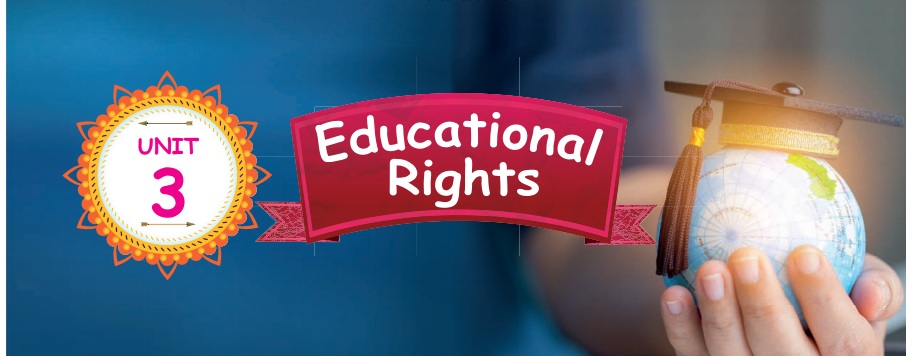
Learning Objectives
Students will be able to:
* describe the importance of
Education.
* explain the various educational
schemes.
* list the features of Right To
Education.
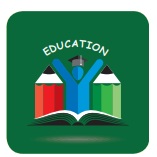
Introduction
Education
is important for people as well as the nation. Education is the first step for
a child‛s development. Education improves knowledge, skills, values and the
quality of one‛s life. It also helps in overall development of a country.
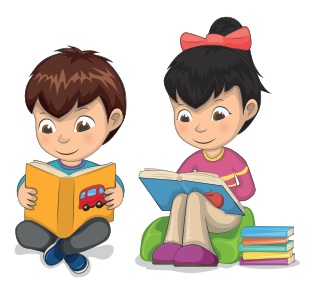
Importance of Education
Education doesn‛t mean that one
should be literate. It is more than literacy. Education helps to
* analyse the reason.
* build skills to live.
* know what is right and wrong.
* lead a moral life.
“Literacy in itself is no education. Literacy
is not the end of education.”
“Real education consists in drawing the best out of yourself.”
-Mahatma Gandhi
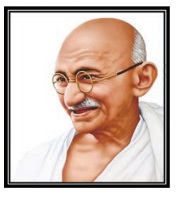
Education helps in broadening one‛s
mind. It removes superstitious beliefs. Education helps in increasing awareness
of surroundings, social and political issues. It develops wisdom.
LET US KNOW
Swami Vivekananda is best known for his
speech which began with the words
“Sisters and brothers of America.”
“Education is the manifestation of the
perfection already in man.”
-Swami Vivekananda

LET US KNOW
Gurukulam is the system of education that was practised
in ancient India. Guru (teacher) and the Shishya (student) lived in Ashram.
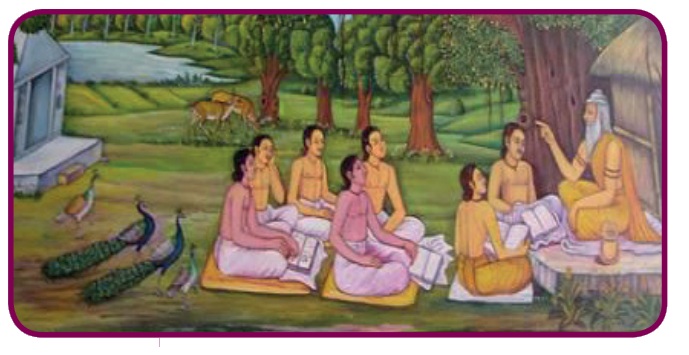
Educational Rights
Every child has right to have free
and compulsory education. The Right to Education Act (RTE) specifies different
responsibilities to the local authorities and government to ensure free and
compulsory education.
Right to Education Act (2009) describes the
importance of free and compulsory education for children between 6 to 14 years
of age.
Education should be affordable to
the common people. There should be no discrimination in education. It should be
based on need of the child and mould the child‛s thoughts. The child should be
at the centre of an education system.
ACTIVITY
Let us do
Solve the Puzzles.

Hints
1. I am white when I
am dirty and black when I am clean. Who am I?
Answer: Blackboard
2 I am tall when I am
young and I am short when I am old. Who am I?
Answer: Pencil
3 I am wet when I am
drying. Who am I?
Answer: Towel
4 I have a neck but no
head. Who am I?
Answer: Flask
The legislative section is divided into three lists: Union List, State List and Concurrent List. Education comes under Concurrent list.
Important features of RTE
* Until the completion of elementary
education, no student is stopped from school.
* Twenty-five percent reservation is
given to the economically Underprivileged people in all private schools.
* Improvement in the quality of
education.
* School infrastructure should be
improved every three years.
* Finances will be shared between
the state and the central government.
National Education Policy (NEP)
In 2019, the Government of India has
framed the National
Education Policy (NEP) to promote education among the people of
India. The NPE covers all educational systems from primary to college level.
LET US KNOW
The first National Education Policy wasimplemented
in 1968 followed by the second one in 1986.
Child labour is not allowed in our country. All children
are entitled to have free and compulsory education.
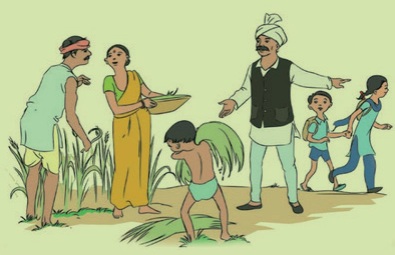
Educational Schemes
The most important milestone in education
is the free
mid-day meal programme which was implemented by the former Chief
Minister of Tamil Nadu, K.Kamaraj.
Indian educational system is mainly
divided into four stages. They are:
* Lower
primary
* Upper primary
* Secondary
* Higher secondary
The Sarva Shiksha Abhiyan (SSA), the Right to
Education Act (RTE) Act have improved the educational performance.
Sarva Shiksha Abhiyan (SSA) (Education for All) was launched in
the year 2001.
Objectives of Sarva Shiksha Abhiyan
* Increasing the enrolment in primary
schools
* Getting access to the free and
compulsory education for children up to age 14.
* Improving the quality of
education.
Samagra Shiksha subsumes the three erstwhile Schemes of Sarva Shiksha Abhiyan (SSA), Rashtriya Madhyamik Shiksha Abhiyan (RMSA) and Teacher Education (TE).
Rashtriya Madhyamik Shiksya Abhiyan (RMSA) was launched in 2009.
The aim of this programme
* Raising the minimum level of
education to class X.
Later in 2018, the government of
India wanted to provide a single scheme for school education starting from
pre-school to Class XII. This scheme is known as Samagra Shiksha (SS).
Objectives of Samagra Shiksha
* Providing quality education and
improving learning outcomes of students.
* Supporting all state governments
in implementing RTE.
* Focusing on girl education.
* Focusing on digital education.
In the past two decades, India has
achieved a maximum enrollment of students in schools.
LET US KNOW
Perunthalaivar K.Kamaraj‛s birth anniversary (15th of
July) is celebrated as
Educational Development Day in recognition of his
contribution to the development of education
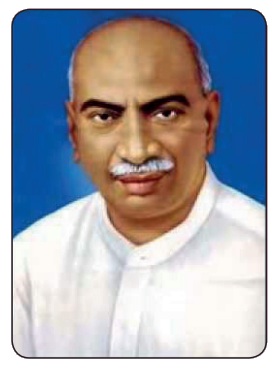
Glossary
1. Ensure : assure
2. Erstwhile : Former
3. Superstitions : Irrational religious belief
Recap
* Education is very important for
every individual.
* Every child has the right to have
free and compulsory education.
* Education should be affordable to
common people.
* The Right to Education Act (2009)
describes the importance of free and compulsory education for children between
the 6 to 14 years of age.
* Samagra Shiksha Scheme improves
the quality of education and the learning of students.
Related Topics